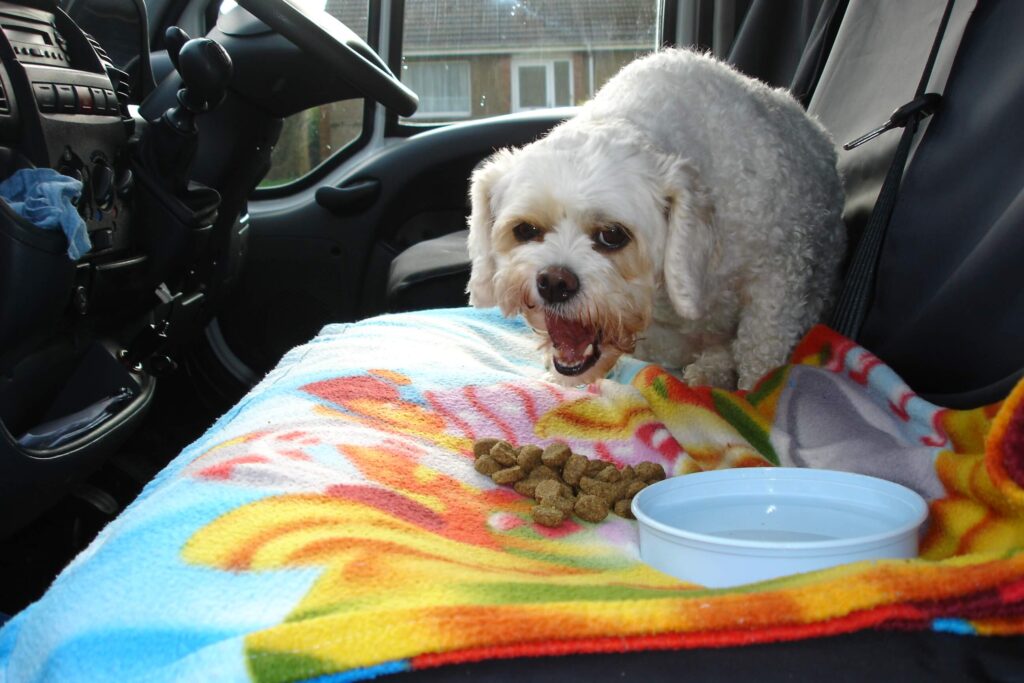“Rethinking the bond with our dogs—not as possessions, but as companions who enrich our lives with love, trust, and soul-deep connection.”
While some regions are beginning to rethink their approach, the legal system in most places still considers dogs (and other animals) as property or possessions. This classification often fosters the perception that humans “own” their pets. This mindset has led to practices like breeding for profit, puppy mills, and the commercialization of animals through racing, shows, entertainment, and other exploitative industries.
Although laws in the U.S. aim to protect animals from abuse and neglect, these regulations can be weak and difficult to enforce, leaving many animals vulnerable. That’s a broader discussion in itself.
What’s truly at stake here? For me, it’s not about what the law says but how we perceive our relationships with dogs. Viewing them as possessions diminishes their value as living beings and disregards their unique place in our lives. Comparing a dog’s worth to an inanimate object like a toaster or couch devalues the respect and love they deserve.
This doesn’t mean we should treat dogs as humans. Dogs have their own needs and value as distinct life forms, and humanizing them overlooks that. However, the language we use matters. Calling ourselves “owners” reinforces a transactional relationship rather than one built on trust and companionship.
Instead, consider alternatives like “friend,” “guardian,” or “caregiver.” Words carry weight and shape perceptions, so next time you hear or use the word “owner,” pause and reflect on what it implies. Encourage others to do the same.
Note: Legal terms like “owner” are still required for shelters and rescue organizations to denote legal possession, as mandated by law. Unfortunately, this will persist until laws catch up to more compassionate language, like in France, where animals are legally recognized as “living and feeling beings.”
